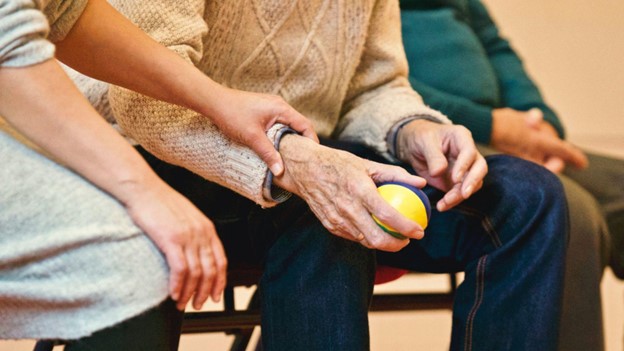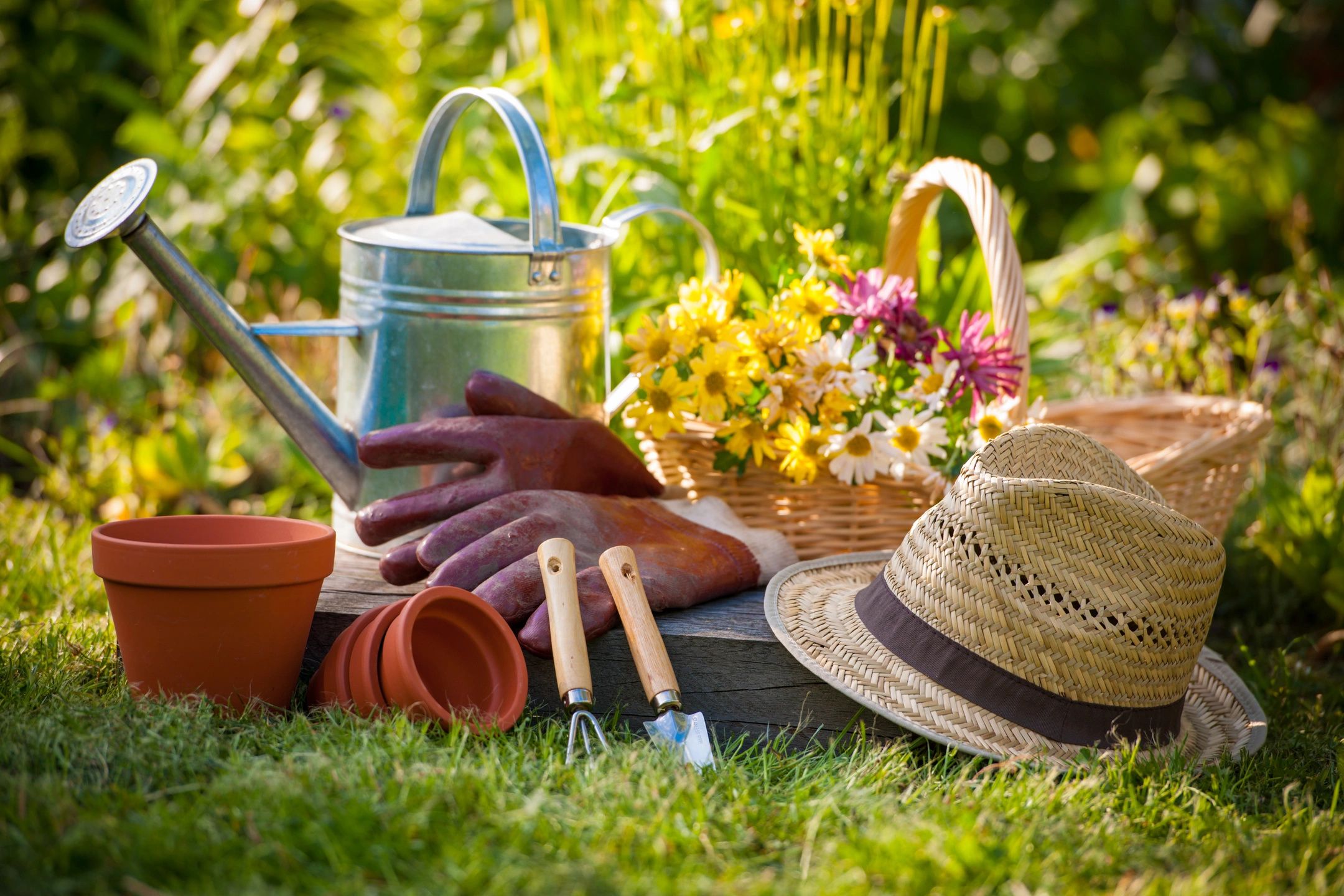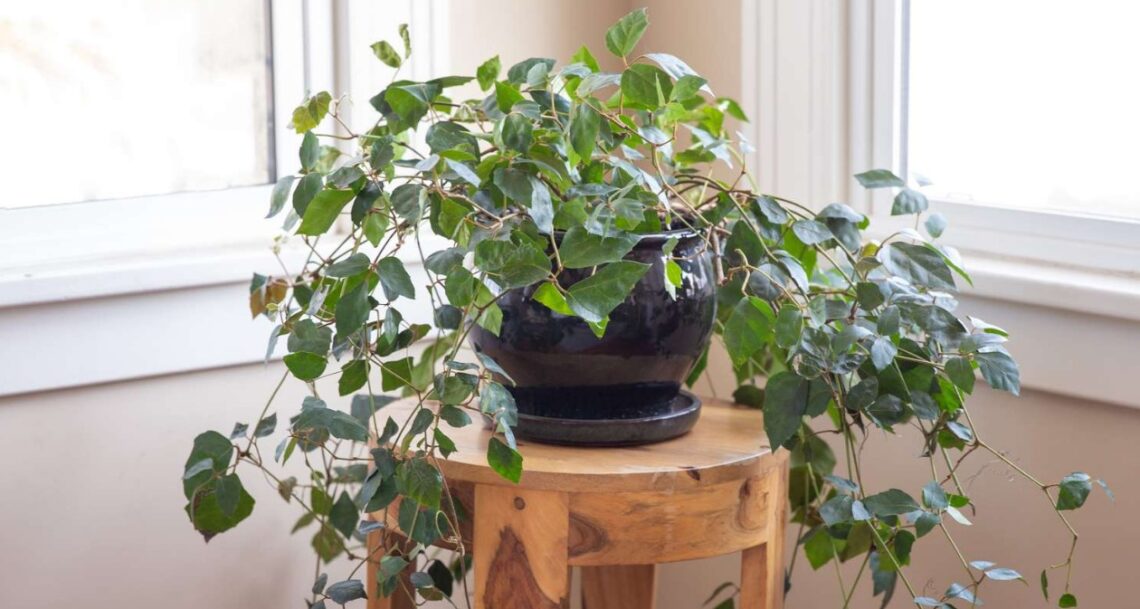Anxiety
-
Taking Care of Your Brain Health 💡🧠
Taking care of your brain health is just as crucial as maintaining physical wellness. By incorporating a few simple habits into your daily routine, you can keep your mind sharp, enhance cognitive function, and protect against cognitive decline. Essential Tips for Optimal Brain Health: Eat a Brain-Boosting Diet : Incorporate a balanced diet rich in fruits, vegetables, whole grains, and lean proteins. Foods high in Omega-3 fatty acids, like salmon, are particularly beneficial for cognitive function and brain health. Stay Physically Active : Engage in regular physical activity to increase blood flow to the brain and support neuron health. Aim for at least 30 minutes of exercise most days to…
-
How to Stay Healthy as a Caregiver
Caring for a loved one is a rewarding experience, but it can also be physically and emotionally demanding. While you’re focused on their well-being, it’s crucial not to neglect your own health. To prevent illness and caregiver burnout, follow these essential tips to reduce stress and maintain your physical and mental well-being. Brought to you by The Purple Vine, your trusted source for caregiver support. 1. Limit Caffeine and Sugar for Better Sleep As a caregiver, getting enough rest is vital. Lack of sleep can increase stress and weaken your immune system. To improve your sleep quality, limit caffeine and sugar intake, especially in the afternoon. Avoid these stimulants after…
-
Just One Thing
How would our lives improve if we changed just one thing this week? Changing just any old thing may not have any impact, for example, putting on your shirt before your pants, if that's your habit. That won't cause any ripple effects, mood enhancements, or much else, as far as I'm concerned. But what if the ONE THING we focussed on was literally where we put our focus? Bear with me; it will make sense in just a minute. Have you ever found yourself dwelling on those who don't support you? The spouse, partner, sibling, relative, or friend who never seems to have time to help you?Have you noticed yourself…
-
Stress-Reduction Techniques for Caregivers
Stress is a natural part of life, but chronic stress can lead to serious health issues such as diabetes, heart disease, migraines, indigestion, and depression. As a caregiver, it's essential to take proactive steps to manage and reduce stress. Here are 10 effective stress-reduction techniques: 1. Take Breaks: Schedule regular breaks to rest and recharge. Even short pauses can help alleviate stress and prevent burnout. 2. Seek Support: Reach out to family, friends, or support groups for emotional support and to share caregiving responsibilities. 3. Prioritize Self-Care: Engage in activities you enjoy, such as exercise, or meditation. For me, it's gardening. That is a happy, peaceful place where I can…
-
3 Essential ‘I Can’t’ Statements for Caregivers: Tips for Stress Management and Support
Dad taught us we could do anything we set our minds to. Henry Ford stated it best when he said, "Whether you think you can, or think you can't, you're right." Our attitude is critical to our success. While I believe all that, and you probably do too, I've learned that, at least in caregiving, there are some acceptable, and beneficial, "I can't" situations. Ready? Here we go.... - I Can’t Do It All Alone. It’s okay to ask for help. Caregiving can be overwhelming, and no one should do it entirely alone. Make a list of tasks others can help with, such as mowing the lawn, cooking meals, or…
-
10 Ways to Reduce Caregiver Stress: Free Guide & Tips for a Balanced Life
1) Take breaks: It's crucial for caregivers to schedule regular breaks to rest and recharge. Even short breaks can help alleviate stress and prevent burnout. 2) Seek support: Don't hesitate to reach out to family members, friends, or support groups who can provide emotional support and share in the caregiving responsibilities. 3) Prioritize self-care: Make self-care a priority by engaging in activities you enjoy. This could include hobbies, exercise, meditation, or simply taking time for yourself. For me, it's gardening. That is a happy, peaceful place where I can relax. 4) Accept help: Allow others to lend a hand. Accept help with caregiving tasks, such as meal preparation, errands, or…
-
Anxiety Calming Strategies
We all have a certain amount of anxiety. Learning how to handle it is what’s crucial. Caregivers have a higher-than-normal amount of stress due to their circumstances, so it’s doubly important for them to learn coping techniques. You’ll find other stress-relieving articles here and here. According to the Anxiety and Depression Association of America, over 18% of Americans struggle with some form of anxiety at any given time. Coping with anxiety can be complicated, especially since no single treatment works for everyone. So, let’s talk about five completely natural ways that you can calm your anxiety today. 1. Meditation & Deep Breathing Anxiety attacks and persistent anxiety typically come…
-
Managing Large Gatherings: Dementia-Friendly Tips for Family Events
Successfully navigating large gatherings with a loved one who has dementia requires thoughtful planning and preparation. While it can be challenging, there are steps we can take to make these visits less stressful and more enjoyable for everyone involved. I won’t sugarcoat it or pretend that I have it all figured out. Many of you have been following my journey long enough to know that’s just not the case. I try hard, but sometimes, I still make mistakes. Maybe you can relate? My mom has vascular dementia, which makes our large family gatherings particularly challenging. Despite this, I refuse to exclude her. I want her to be with family as…
-
Finding Time to Relax: Stress Relief and Self-Care Tips for Caregivers
What goes through your mind when someone says "you just need to relax"? If you're like most caregivers, that suggestion might not calm you down. In fact, it might stress you out even more! While the sentiment is well-meaning, it’s often not helpful. We all know that stress is harmful, especially when it’s prolonged, and caregiving naturally comes with a lot of stress. But realistically, what can we do to unwind? We can’t simply run away from our responsibilities, nor can we ignore them and hope things will work out. So, what are some practical ways to find relaxation? Practical Tips to Help You Relax 1. Read a Book: Even…
-
Lessons from My Ivy Plant: Adapting and Thriving as a Caregiver
Nature is full of lessons, but we often miss them because we’re too busy to stop and truly observe. Recently, while watering my indoor plants—a routine task I perform every Saturday—I took a moment to carefully observe my giant ivy (Golden Pothos). Although I’ve cared for this plant for nearly 20 years, it still taught me a valuable lesson about adaptability and growth. When my ivy grows across a flat surface or drapes down, its vines remain smooth. However, when it wants to grow upward without support, it adapts by growing tiny arms to latch onto anything nearby—whether it’s a wall, window blinds, or even a canvas painted by one…









